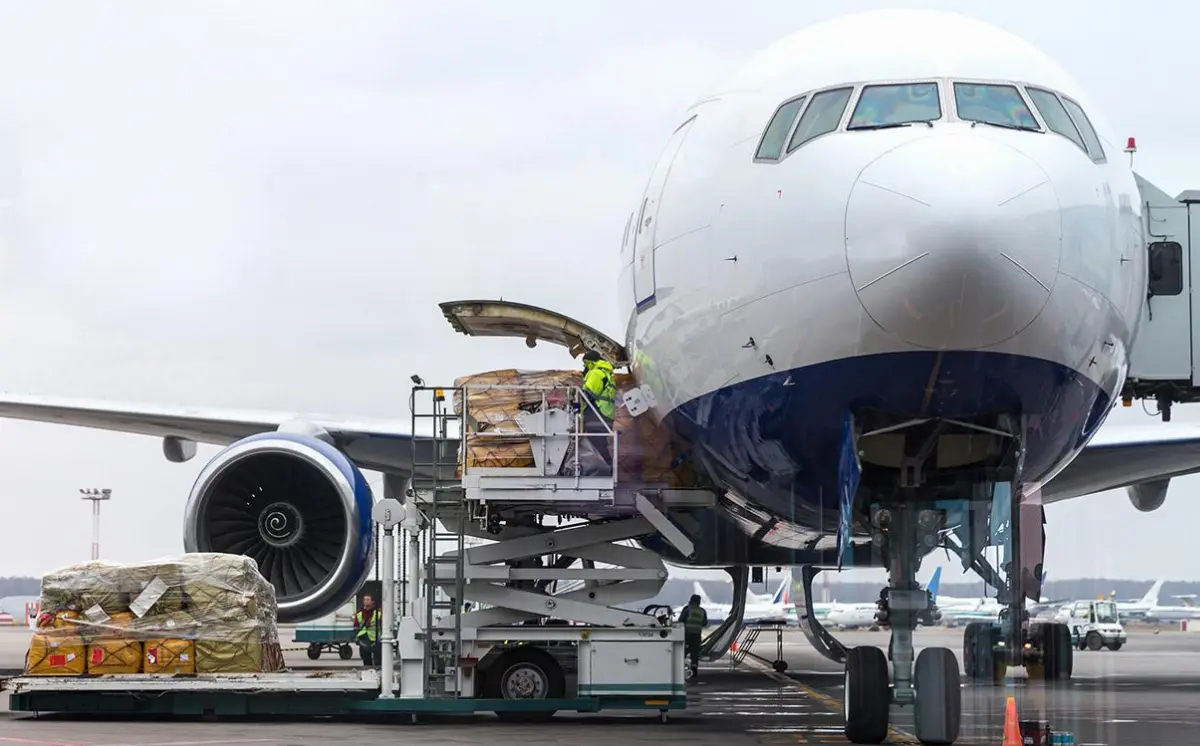
IATA: air cargo key to supply chain resilience
Focus on safety/security, digitalization and sustainability

The International Air Transport Association (IATA) emphasized the vital role of air cargo in maintaining global supply chain resilience and called on governments and industry to remain focused on delivering the fundamental expectations of customers—safety and security, digitalization and sustainability, according to Brendan Sullivan said at the IATA’s Global Head of Cargo at the opening of the 18th World Cargo Symposium (WCS) in Dubai, UAE (April 15-17).
Safety is the top priority for air transport and in the case of air cargo the specific focus is on the safe transport of lithium batteries. IATA calls on government to step up efforts to stop rogue shippers and support ICAO’s work to strengthen Annex 18 of the Chicago Convention—the global framework for the safe transport of dangerous goods by air.
IATA reinforced calls to governments for a coordinated, risk-based approach to air cargo security following recent incidents involving incendiary devices concealed in shipments. While some states implemented new measures, the lack of alignment led to inconsistent outcomes. This situation reinforces the importance of harmonized responses based on global standards.
The association also renewed its call to states to fulfill their Annex 17 obligations by sharing timely and accurate threat intelligence to enable informed risk assessments and operational decisions.
The International Air Transport Association reinforced the central role of ONE Record as the industry’s standard for end-to-end digital data exchange, supporting improved efficiency, compliance, and transparency. The industry’s goal is clear: by January 2026, ONE Record will become the preferred method of sharing data. To accelerate industry adoption IATA urged:
• Airlines and forwarders to move forward with implementation
• Governments to recognize ONE Record in regulatory data filing requirements
• Developers to build secure, open, and compatible digital platforms.
The air cargo industry continues to embed sustainability into its operations, with growing efforts to reduce waste, implement circular practices, and phase out single-use plastics. For example, IATA guidance to eliminate single-use plastics across the cargo supply chain is now reflected in operational standards.
Progress is also being made on the sector’s largest environmental challenge—reducing carbon emissions. Momentum around Sustainable Aviation Fuel (SAF) is growing, with new agreements across the value chain and more companies committing to SAF use. The SAF Registry, recently launched and operated by CADO (Civil Aviation Decarbonization Organization, see for details AVIONEWS), is designed to enable a global market for Sustainable Aviation Fuel (SAF) and accelerate the industry's transition to net-zero emissions by 2050. In addition, IATA will soon launch CO2 Connect for Cargo to support accurate emissions calculation and reporting, including SAF usage.
However, SAF volumes remain far below what is needed, and production costs remain high. IATA urged governments to implement policy frameworks to scale up SAF production and reduce costs.
Amid growing trade tensions, IATA reinforced its position that trade drives prosperity, and that any measures undermining the free flow of goods ultimately hurt businesses, consumers, and economies.
AVIONEWS - World Aeronautical Press Agency